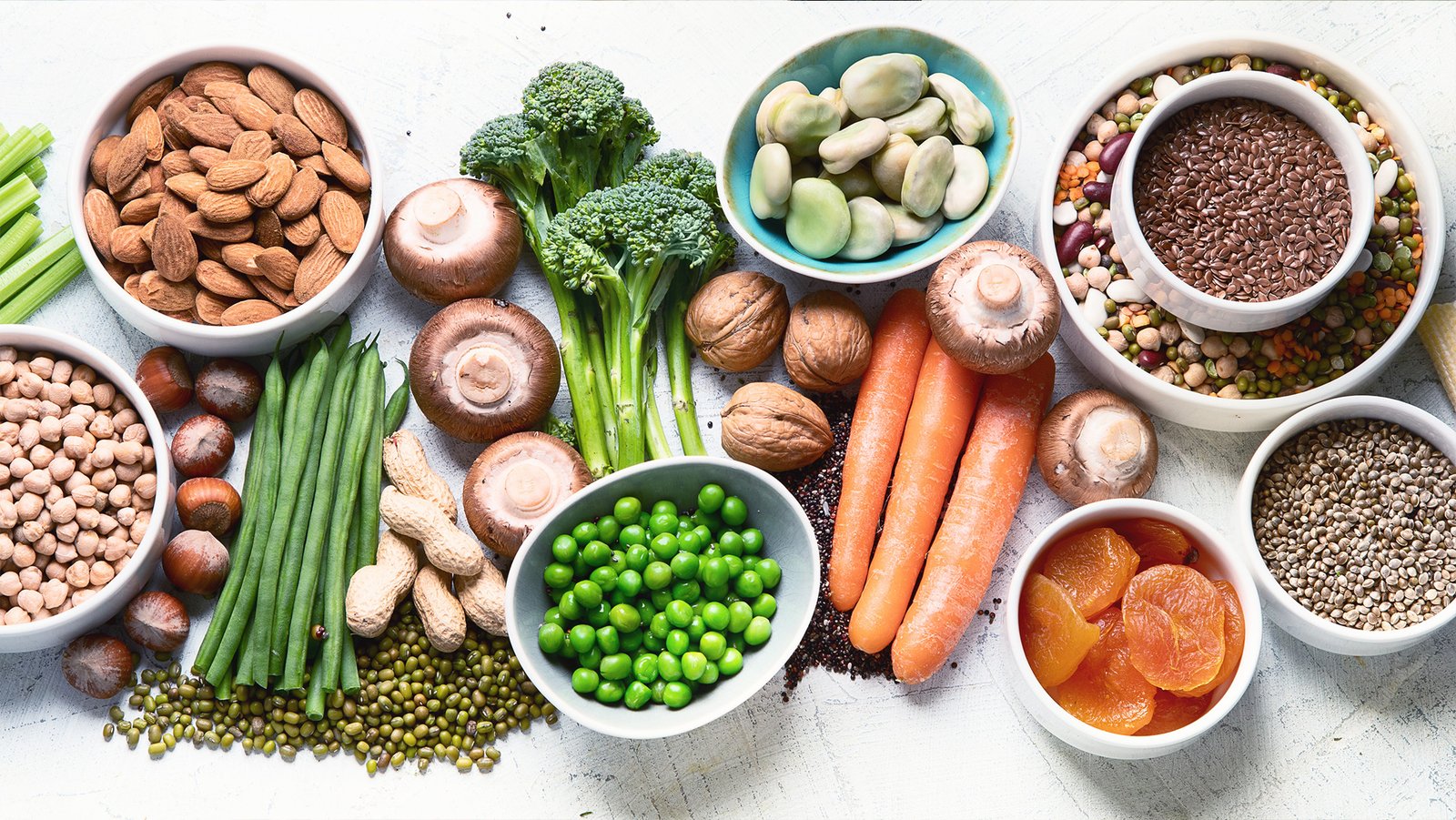
Plant-based protein sources are frequently considered inferior to animal-based ones, because the former is stated to contain “incomplete” proteins.
This will cause many to fear they might be obtaining the wrong type or volume of protein when carrying out a vegetarian or vegan diet.
However, many reasons exist why this belief should be thought about much more of a myth than the usual reality.
This short article discusses the main difference between “complete” and “incomplete” proteins, in addition to why vegetarians and vegans haven’t much need to fear getting not enough from the former and a lot of latter.
What exactly are ‘incomplete’ proteins?
Protein consists of foundations known as proteins. Although countless proteins appear in nature, only 20 are necessary to make all the protein found within your body. These may be split up into three primary groups (1Trusted Source):
Essential proteins. This category includes nine proteins that the body cannot make. Your diet plan is the only method you will get these.
Non-essential proteins. This category includes the rest of the 11 proteins, which the body can typically make in the 9 essential proteins.
Conditionally essential proteins. These proteins are usually considered non-essential but become essential during adolescence, pregnancy, or under certain conditions, for example trauma or illness.
Foods which contain good levels of all nine essential proteins are usually considered causes of “complete” protein, whereas individuals that do not are called “incomplete” protein.
Which foods provide ‘incomplete’ proteins?
Contrary to public opinion, most foods – both animal- and plant-based ones – contain all nine essential proteins. The main difference is based on the levels of them they provide.
For example, meat, fish, eggs, and dairy contain high amounts of all nine essential proteins. However, plants have a tendency to contain low amounts with a minimum of a couple of essential proteins, with respect to the category that they belong.
For instance, legumes and veggies are usually lower in methionine and cysteine, while grains, nuts, and seeds are usually lower in lysine (2Trusted Source).
In practical terms, which means that staying on a diet supplying not enough of either food group may lead you to get inadequate levels of essential proteins.
For this reason animal-based foods are usually considered “complete” protein sources, some plant-based foods are thought “incomplete.”
The exceptions are soy, quinoa, amaranth, buckwheat, and dietary yeast, in addition to hemp and chia seeds. These plant foods offer good levels of all nine essential proteins and therefore are considered “complete” causes of plant protein.
Are you able to get enough ‘complete’ proteins on the vegetarian or vegan diet?
Lots of people think that because of vegetarian and vegan diets’ low content of animal-based protein, they frequently lack sufficient levels of “complete” protein.
However, aside from a couple of exceptions, this is extremely rarely the truth.
Presently, there isn’t any proof of protein deficiency among vegetarians or vegans, except possibly within the portion who eat too couple of calories or follow monotonous or restricted eating patterns, for example fruitarian or potato-based diets (3Trusted Source).
Nevertheless, the protein present in plants could be a little more difficult for you to soak up, in contrast to the protein in meat along with other animal-based foods.
For this reason vegetarians and vegans are occasionally asked to eat a little more protein than meat eaters – that’s, around .5 grams per pound (1 gram per kg) each day (4Trusted Source).
That stated, the present evidence shows that this improvement in absorption is probably too minimal to result in vegetarians or vegans to obtain inadequate levels of essential proteins using their diet (3Trusted Source).
In a nutshell, as lengthy like a plant-based diet remains wealthy enough in calories while offering a great number of protine sames, there’s little reason to bother with getting not enough “complete” protein on the vegetarian or vegan diet.
The conclusion
Protein-wealthy foods which contain good levels of all nine essential proteins are usually considered “complete” protein sources, while individuals that do not are called “incomplete” sources.
This will cause most plant foods to become considered “incomplete” proteins, perpetuating the parable that plant-based diets might not offer the correct quantity or kind of protein.
That stated, as lengthy like a plant-based diet includes a good number of recommended food groups and enough calories, there’s little reason behind vegetarians or vegans to bother with “complete” or “incomplete” proteins.
Observe that this is applicable to healthy individuals of average weight. However, nutrient needs can vary based on your level of activity, bodyweight, and health status. If you are slimming down or lack energy, consult your personal doctor or registered dietitian.